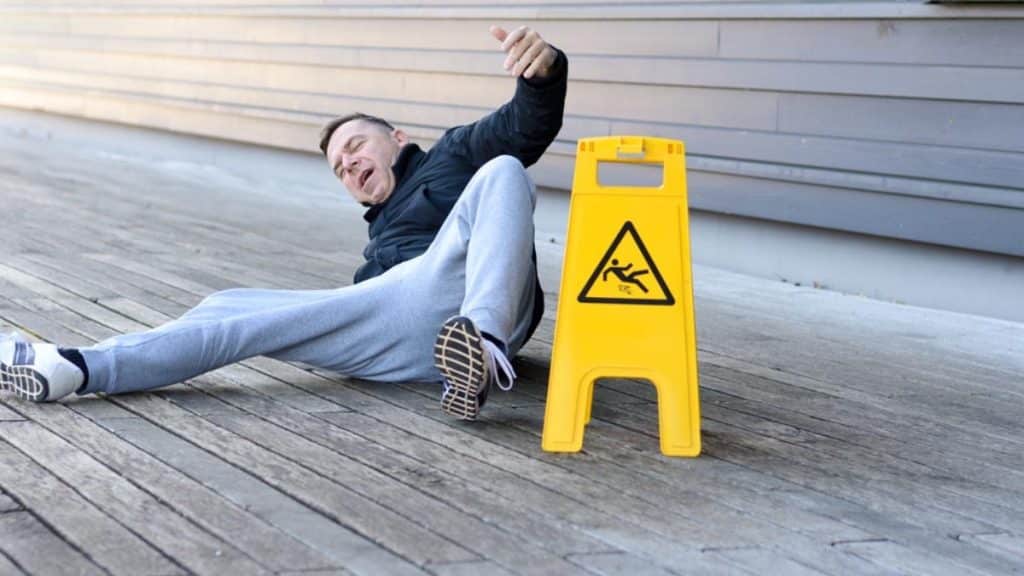When someone trips, falls, or slips on someone else’s property and gets hurt, it’s called a slip-and-fall accident. These instances fall under the category of “premises liability” proceedings, in which the owner of the property may be held legally liable for any injuries sustained as a result of dangerous conditions on the property. Wet flooring, uneven surfaces, dim illumination, loose carpets, and obstructions left in passageways are common culprits.
Accidents involving slips and falls can cause a variety of injuries, from small bumps to serious fractures or brain injuries, and they frequently result in lawsuits seeking damages to compensate for lost income, medical costs, and other losses. The Wilhite Law Firm / Slip and Fall Injury Attorney in Fort Collins is a firm that provides you with available premises liability lawyers that will help you safeguard your rights in order to have a compensation claim and have your justice. In this article, we will cover the responsibilities of a slip-and-fall injury attorney.
Investigation and Evidence Collection
In order to create a compelling case, a slip-and-fall injury lawyer is essential to the investigation process. This entails going to the scene of the accident to collect tangible evidence, including pictures of the dangerous situation that resulted in the fall. To support the client’s version of events, the lawyer obtains in-depth witness statements. They also look through accident reports and, if it’s available, search for security footage. The injuries are closely connected to the slip and fall incident, according to a thorough review of medical records.
Establishing Liability
Determining and establishing culpability is one of a slip-and-fall injury lawyer’s primary duties. This entails proving that the management or owner of the property knew about the hazardous condition or should have known about it but chose not to take the necessary steps to address it. The lawyer looks through maintenance logs, previous complaints, and how long the hazard persisted to prove that the landowner violated their duty of care. The lawyer attempts to establish a clear connection between the client’s injury and the property owner’s carelessness by gathering strong evidence and expert testimony.
Calculating Damages
Comprehending the client’s losses with precision is an essential function of a slip and fall injury lawyer. Evaluating both economic and non-economic damages is part of this procedure. Medical costs, such as hospital bills, rehabilitation fees, and future medical procedures, are included in economic damages. The lawyer also takes into account any potential future limitations in earning capacity and lost wages resulting from the client’s incapacity to work. Pain and suffering, emotional distress, and loss of enjoyment of life are all considered non-economic damages.
Negotiating with Insurance companies
An essential function of a slip and fall injury lawyer is to negotiate with insurance companies; this calls for a combination of legal knowledge and astute communication. Insurance companies frequently want to pay out as little as possible; therefore, the lawyer needs to fight hard to protect their client’s best interests. To support the claim, they provide the acquired data, medical records, and estimated losses. Competent negotiating entails rebuffing lowball proposals, resolving conflicts, and pursuing a solution that fairly compensates the client for their losses. The lawyer can handle these talks with ease because of their extensive knowledge of personal injury law and their prior experience with situations comparable to this one.
Conclusion
The client receives constant support and direction from the lawyer throughout the procedure, who also keeps them updated on the case’s status and recommends the best course of action. The goal of a slip and fall injury lawyer is to lessen the burden on the injured party by advocating for them and pursuing justice and compensation in order to support their healing and ensure their financial security.
